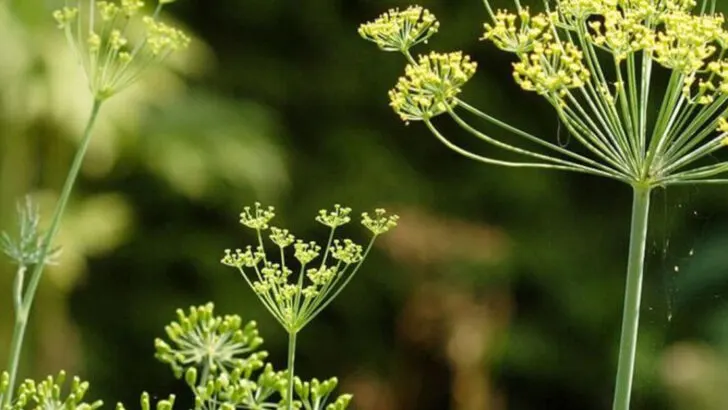You don’t need a green thumb—or endless hours of attention—to grow an impressive herb garden. In fact, some of the most flavorful and fragrant herbs are the ones that thrive best when ignored. That’s right—these plants actually prefer a little tough love.
At Plantisima, we’re all about making gardening more intuitive, less stressful, and deeply rewarding. Whether you’re growing herbs on a sunny balcony, kitchen windowsill, or backyard bed, this list of low-maintenance herbs will change how you think about plant care. No daily misting. No babysitting. Just growth.
If you’ve ever accidentally neglected a plant only to find it doing better than ever, you’ll love this lineup. These 17 herbs don’t just tolerate a bit of distance—they thrive on it. Let’s discover the plants that reward your absence with better flavor, stronger roots, and fewer pests.
Lavender
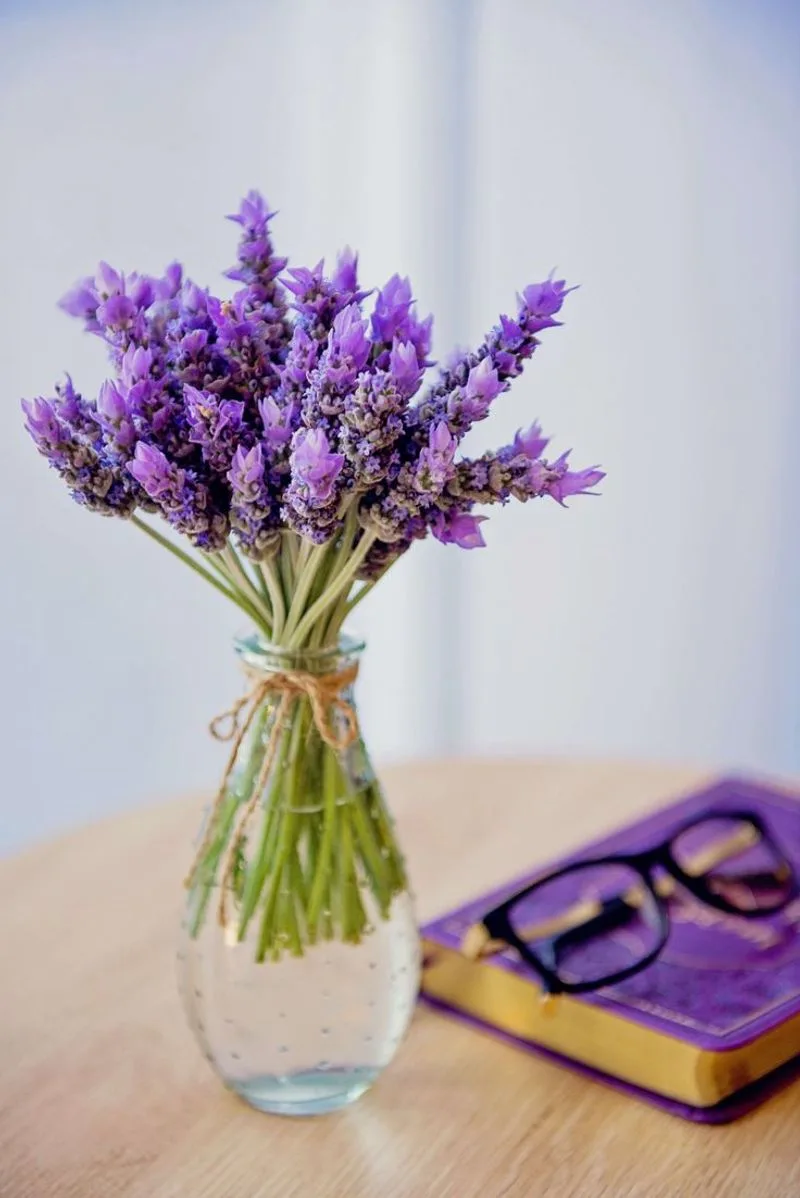
Lavender, with its calming fragrance and vibrant purple blooms, thrives in neglect. This Mediterranean native loves dry, sunny spots and doesn’t require frequent watering. Excessive attention can cause more harm than good, making it a perfect plant for busy individuals or those new to gardening. As an added bonus, it attracts beneficial insects while its essential oils can be harvested for homemade aromatherapy products. The plant even tolerates poor soil and drought conditions, making it a hardy choice for various climates. Its resilience and beauty make lavender a garden staple.
Rosemary
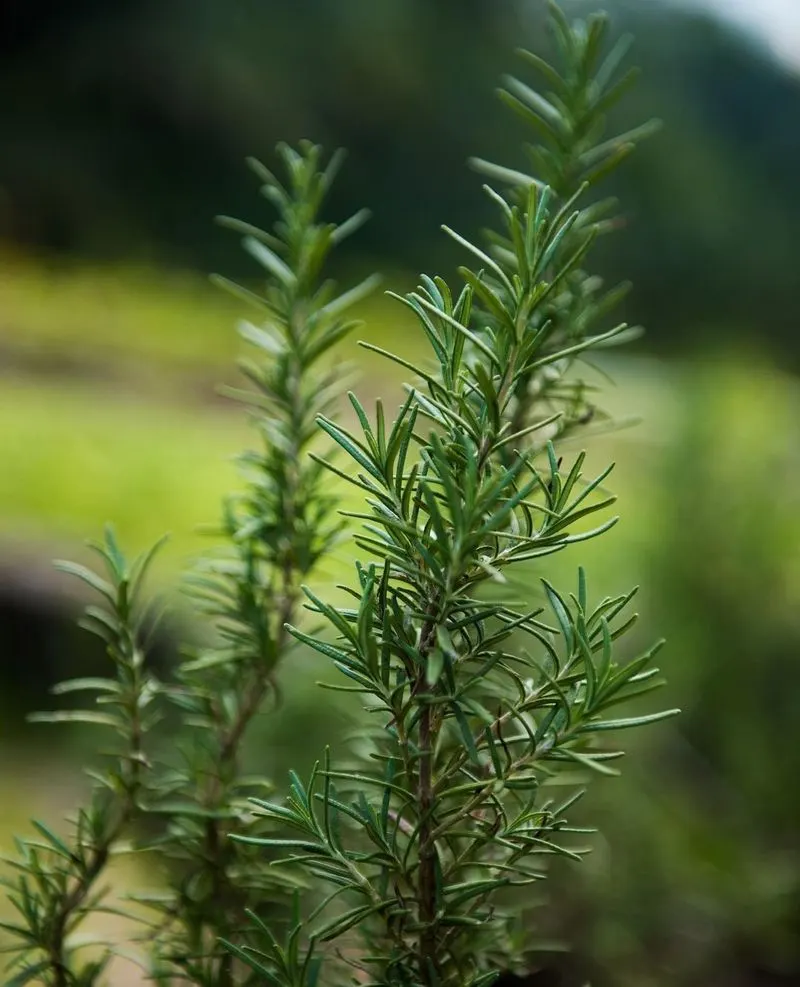
Rosemary’s robust nature and aromatic leaves make it a favorite in many gardens. Once established, it requires minimal care, preferring well-drained soil and full sun exposure. This perennial herb can withstand droughts, rewarding gardeners with its evergreen presence throughout the year. Rosemary’s distinct scent and flavor enhance culinary creations, offering a fresh twist to traditional dishes. Whether used in marinades or as a garnish, it brings a burst of Mediterranean flair. Its resilience is matched by its beauty, making it a delightful addition to any garden setting.
Thyme
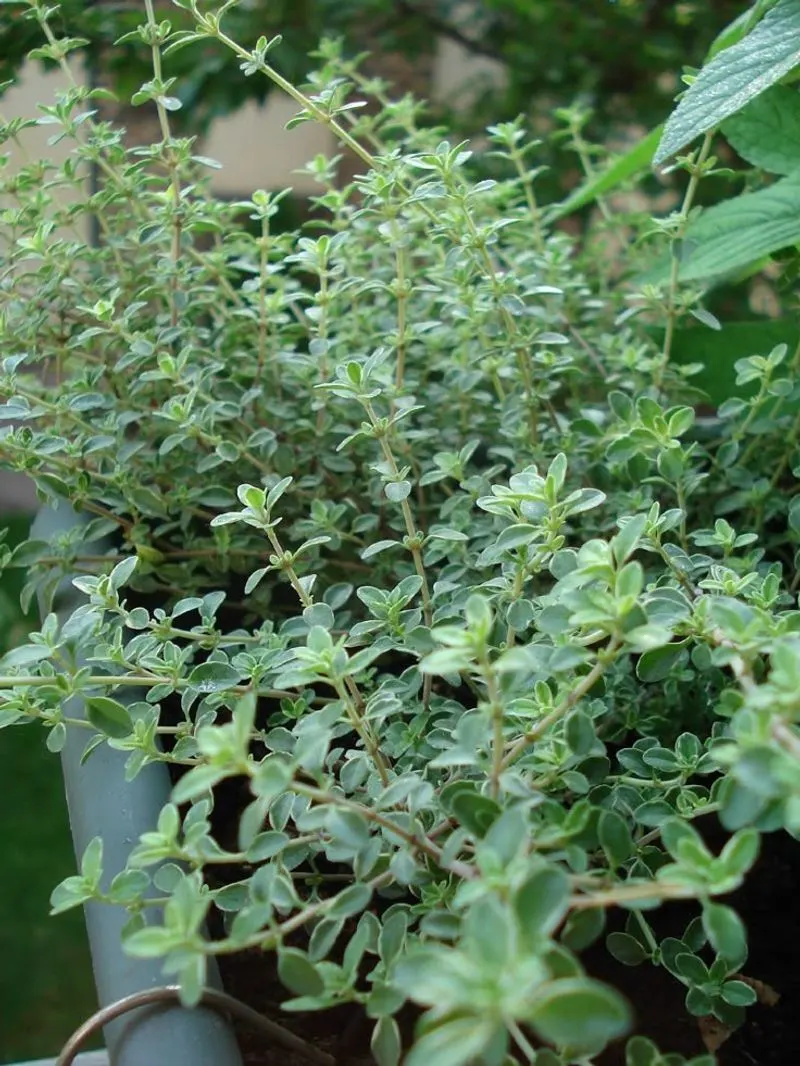
Thyme’s versatility extends beyond the kitchen, as it thrives in poor soil and dry, sunny conditions. This hardy herb doesn’t need much water, making it a perfect choice for rock gardens or as ground cover. Its creeping habit and small, aromatic leaves provide a lush carpet of greenery that delights the senses. Adding thyme to your garden also invites pollinators, boosting the local ecosystem. Known for its medicinal properties, thyme can be used in teas or as a natural remedy. Embrace thyme’s charm and let it flourish unattended.
Sage
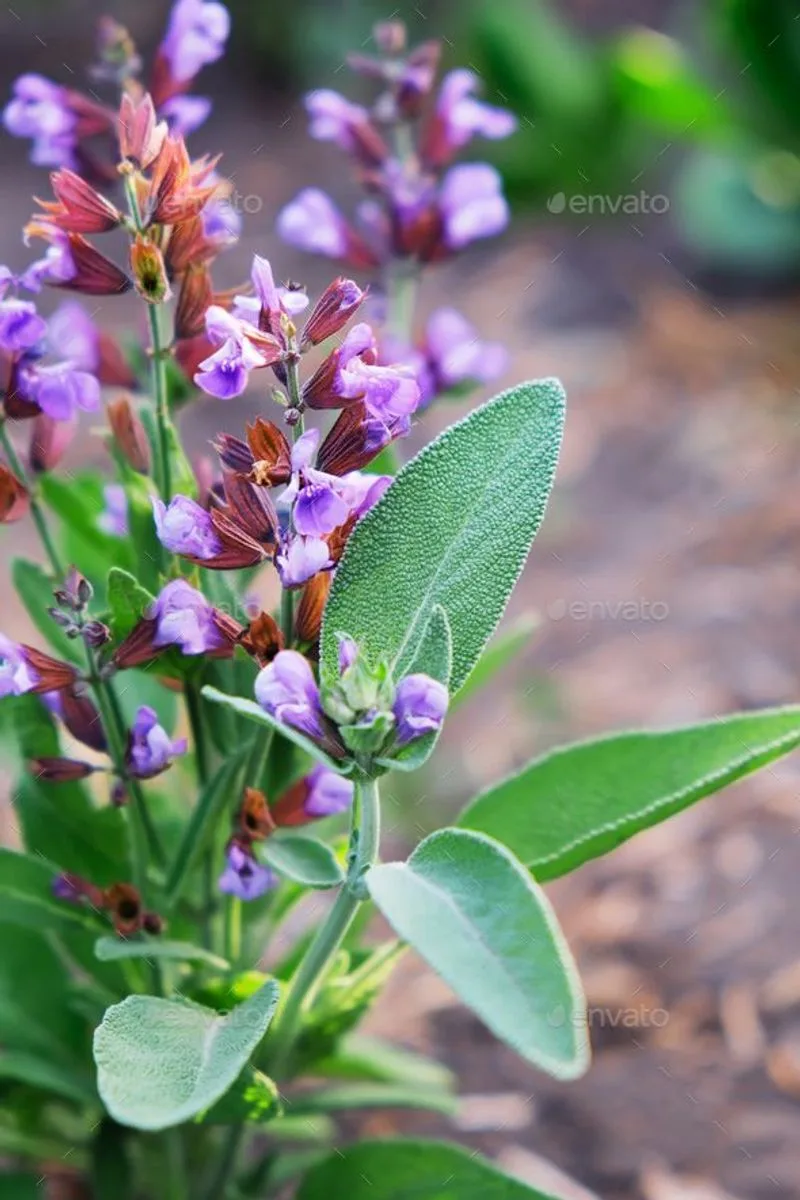
Sage, with its soft, gray-green leaves, adds depth and texture to any garden. Thriving in dry, well-drained soil, it requires little attention once established. This perennial herb can withstand harsh conditions, making it ideal for xeriscaping. Sage’s pungent aroma and earthy taste enhance savory dishes, from stuffing to seasoned roasts. It also holds cultural significance in various traditions, used in smudging ceremonies for its cleansing properties. Let sage’s resilience and rich history grace your garden without the demand for constant care.
Oregano
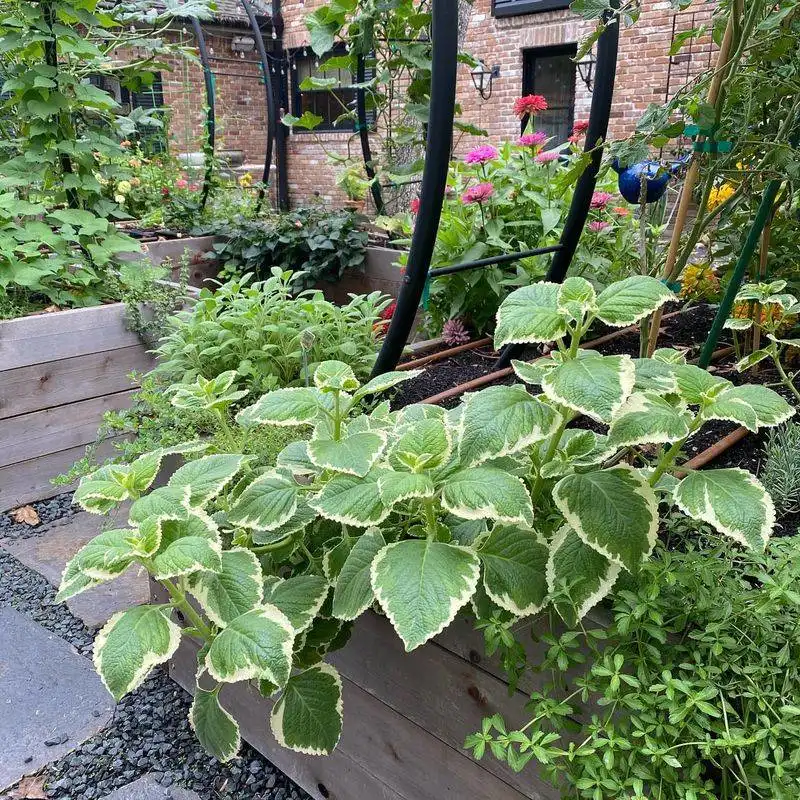
Oregano’s robust nature makes it a quintessential Mediterranean herb. It thrives in sunny, rocky landscapes where other plants struggle. Its ability to withstand drought and poor soil quality makes it a low-maintenance choice for any herb garden. Oregano’s peppery flavor enhances pizzas, pastas, and grilled meats, bringing a taste of Italy to your kitchen. This perennial herb flourishes on its own, inviting butterflies and bees to dance among its small flowers. Allow oregano to spread and enjoy its aromatic presence throughout the seasons.
Mint
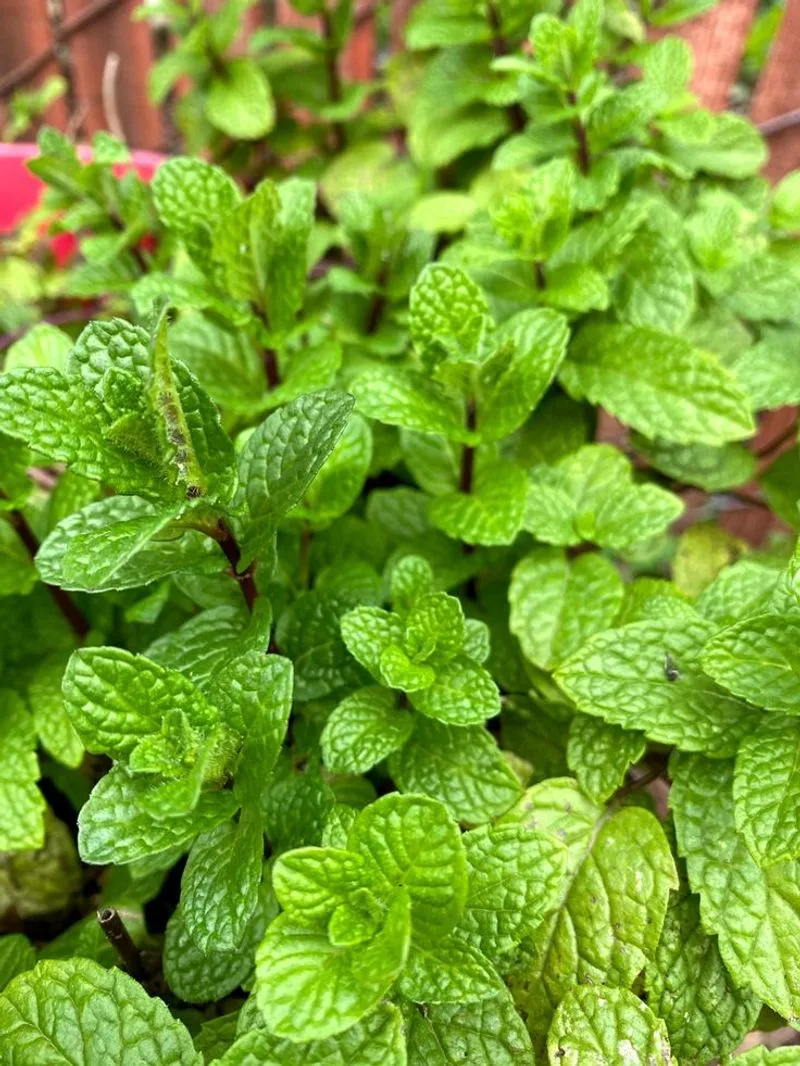
Mint’s vigorous growth and refreshing scent make it a garden favorite. Thriving in partial shade and moist soil, it spreads quickly, often requiring containment to avoid overtaking other plants. This hardy herb provides a cooling flavor to beverages and culinary dishes, from mojitos to mint sauces. Its rapid growth means it doesn’t need constant attention, making it a suitable choice for busy gardeners. Mint also deters pests naturally, adding to its charm. Enjoy the fresh aroma of mint leaves without the fuss of high maintenance.
Chives
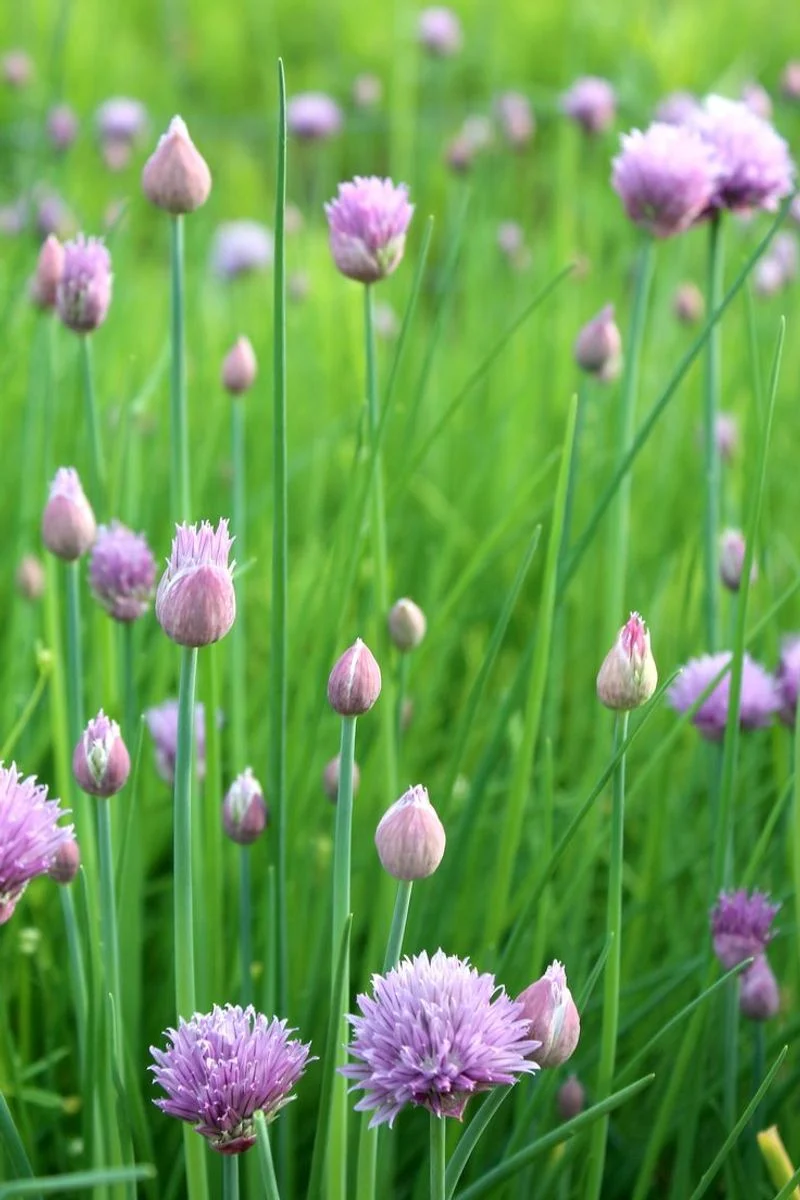
Chives are a delightful addition to any herb garden, offering a mild onion flavor and striking purple blossoms. This perennial herb thrives with minimal care, preferring sunny spots and well-drained soil. Once established, it requires little attention, often coming back year after year with vigor. Chives add an elegant touch to garnishes and sauces, enhancing both flavor and visual appeal. Additionally, their flowers attract pollinators, supporting garden biodiversity. Plant chives in your garden and relish their delicate beauty and flavor with little effort.
Parsley
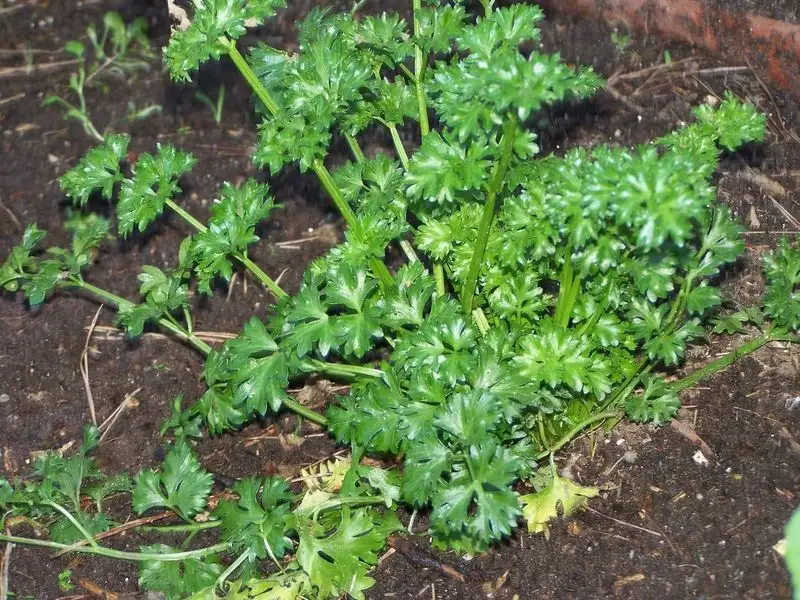
Parsley, often underestimated, is a nutritional powerhouse with its rich green leaves and subtle peppery flavor. This biennial herb prefers a sunny spot and well-drained soil and is surprisingly low-maintenance. Once it takes root, it requires little care, thriving on occasional watering and minimal attention. Parsley enhances dishes with its fresh taste, from soups to salads. Its ability to attract beneficial insects makes it a valuable addition to any garden. Let parsley flourish on its own, and enjoy its culinary and ecological benefits.
Marjoram
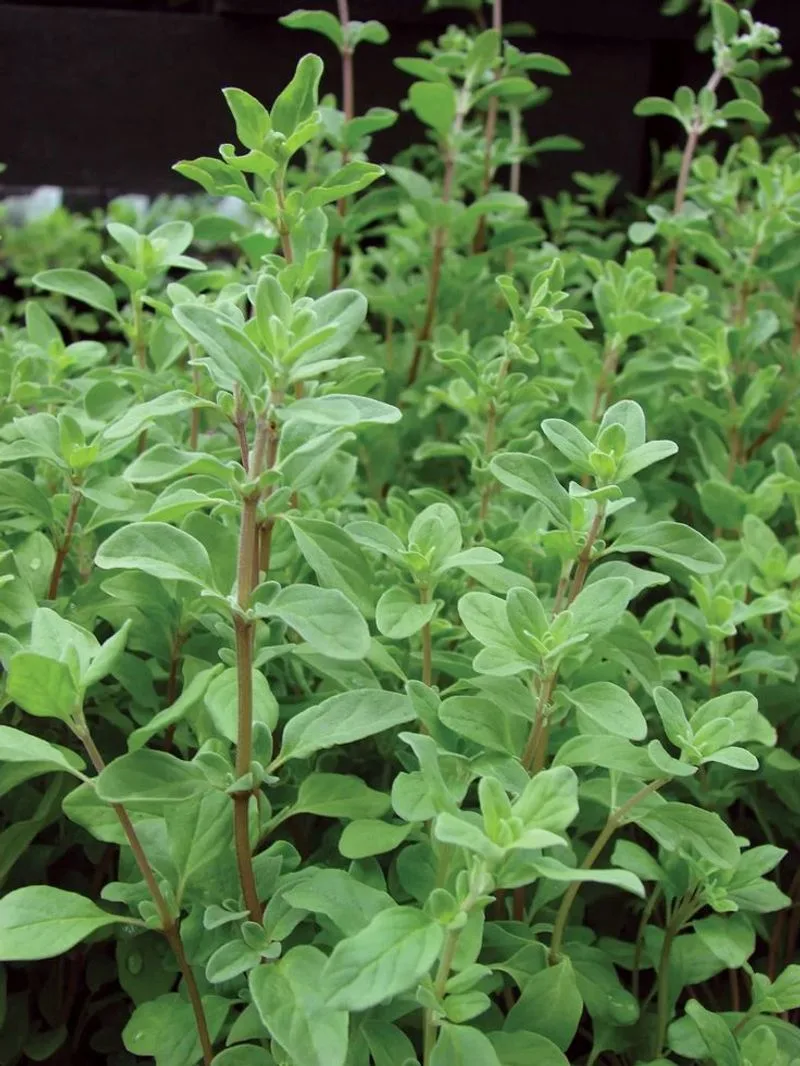
Marjoram’s sweet, floral aroma and delicate leaves make it a charming addition to gardens. This herb thrives in well-drained soil and full sunlight, needing minimal care once established. Its subtle flavor complements a variety of dishes, from soups to marinades, offering a hint of Mediterranean warmth. Marjoram’s gentle nature attracts pollinators, supporting a diverse garden ecosystem. This perennial herb is perfect for those who prefer a hands-off approach, rewarding with aromatic beauty and culinary versatility without demanding constant attention.
Basil
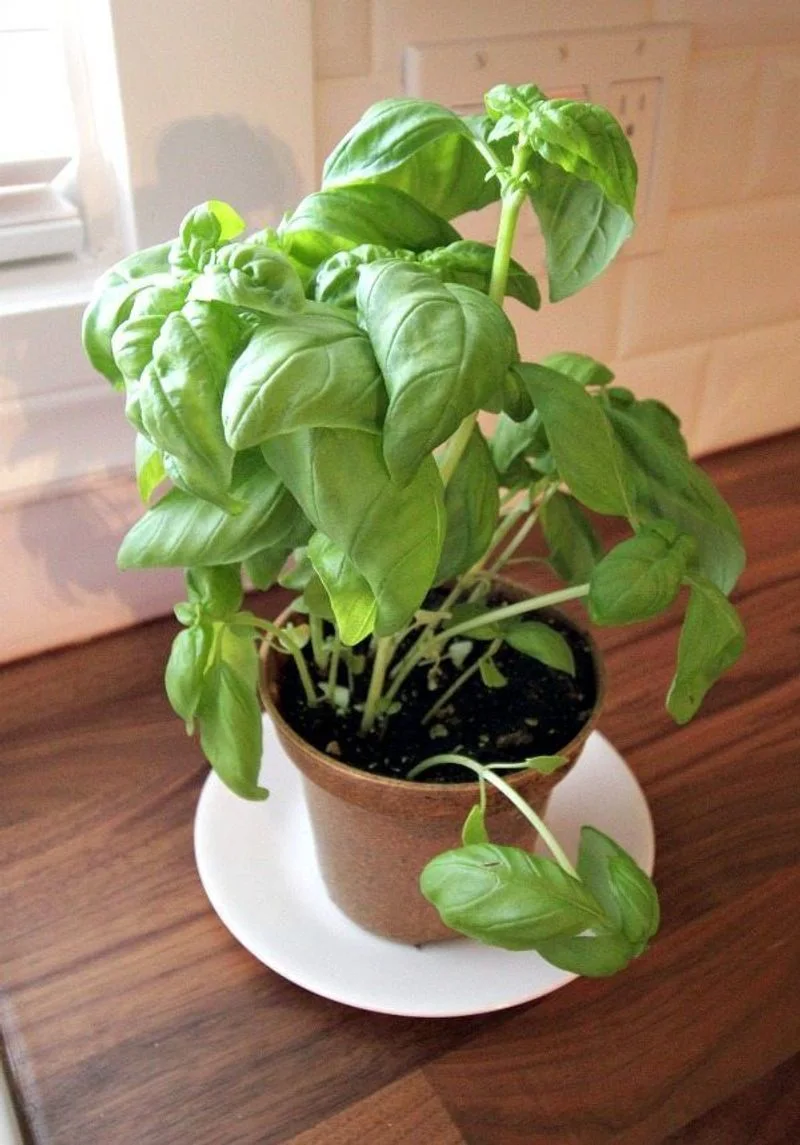
Basil, the quintessential culinary herb, thrives with simple care. Its vibrant green leaves are packed with flavor, enhancing dishes from pesto to caprese salads. Basil prefers warm weather and well-drained soil, flourishing with just a bit of sunshine and occasional watering. This annual herb is a staple in many gardens, adding both aroma and aesthetic appeal. Beyond its culinary uses, basil has cultural significance in various traditions, symbolizing love and protection. Allow basil to grow with ease, bringing its fresh scent and flavor to your table.
Dill
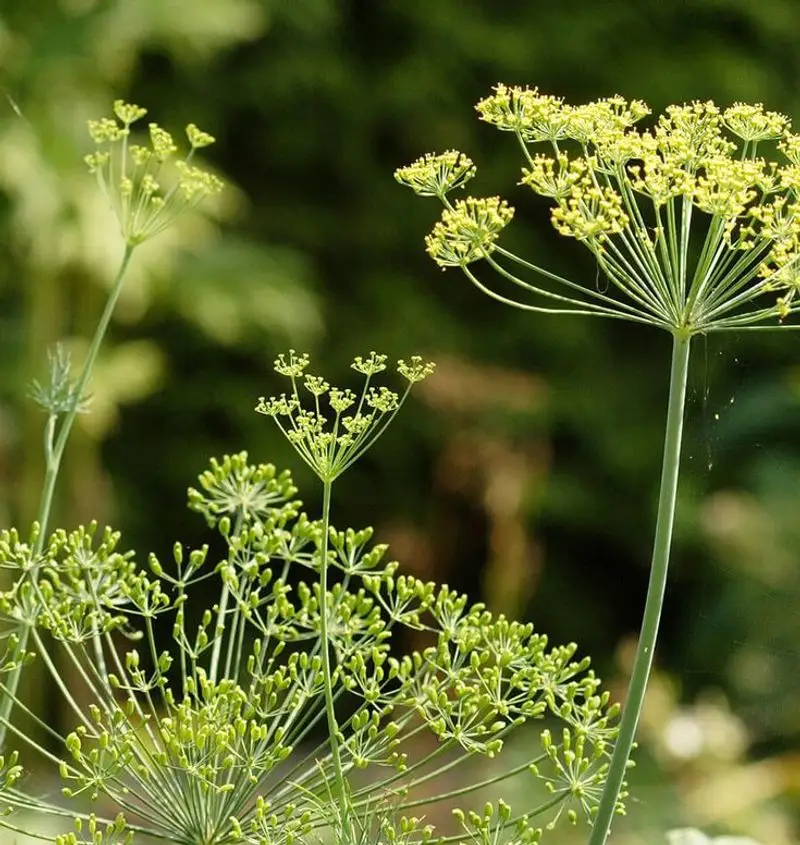
Dill’s feathery leaves and tall stature make it a standout in any herb garden. This annual herb thrives in sunny, well-drained spots, requiring minimal attention once planted. Its distinctive flavor enhances pickles, salads, and fish dishes, offering a fresh, tangy twist. Dill’s delicate flowers attract beneficial insects, supporting a healthy garden ecosystem. Let dill grow freely and enjoy its fragrant presence and culinary versatility. With its self-sufficient nature, dill is perfect for gardeners who appreciate a laid-back approach to cultivation.
Tarragon
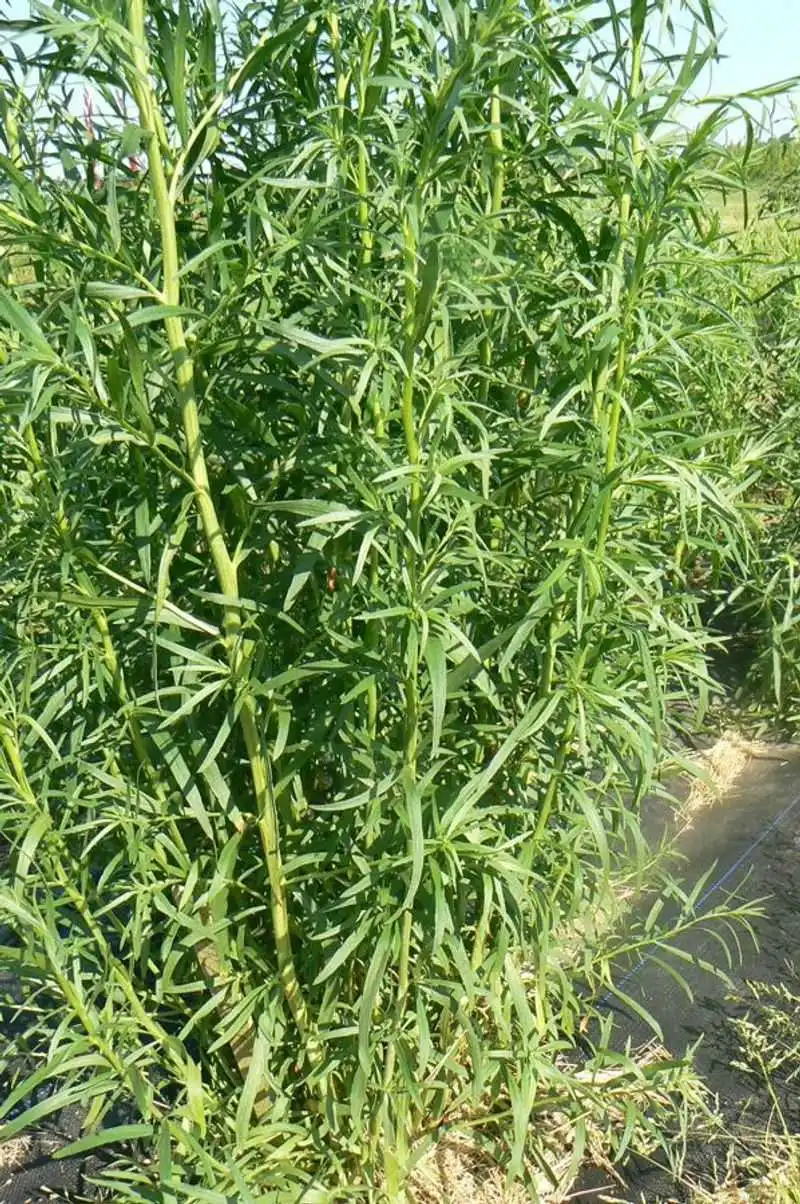
Tarragon’s licorice-like flavor and slender leaves make it a unique addition to any herb collection. Thriving in warm, sunny conditions with well-drained soil, it requires minimal care and attention. Tarragon’s distinct taste elevates sauces, chicken, and seafood dishes, offering a touch of French sophistication. This perennial herb is ideal for those who appreciate culinary finesse without the demands of high maintenance gardening. Allow tarragon to flourish in your garden, bringing elegance and flavor with its effortless growth and aromatic presence.
Lemon Balm
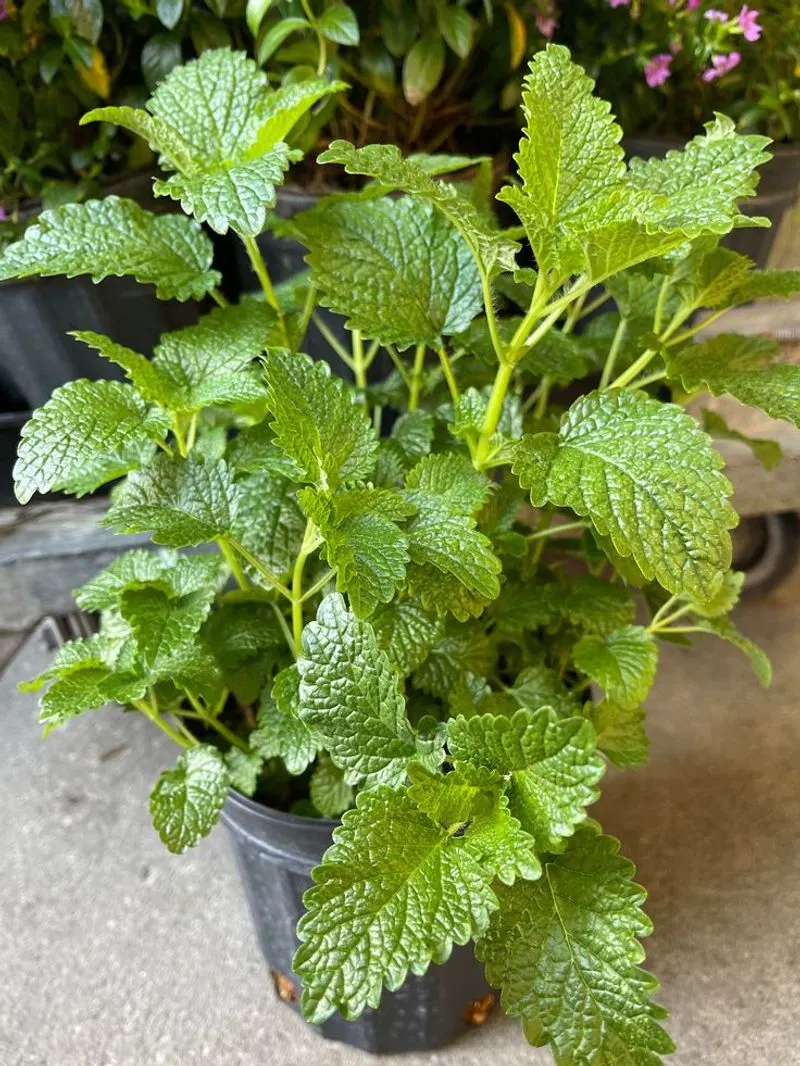
Lemon balm’s fresh, citrusy scent and bright green leaves bring a burst of energy to any garden. This perennial herb thrives in partial shade and moist soil, requiring little more than occasional watering once established. Lemon balm adds a lemony zest to teas, desserts, and salads, refreshing the palate with its unique flavor. Its calming properties make it a popular choice for herbal remedies, promoting relaxation and well-being. Embrace lemon balm’s vibrant presence, letting it grow with minimal fuss while enhancing your garden’s sensory appeal.
Bay Laurel
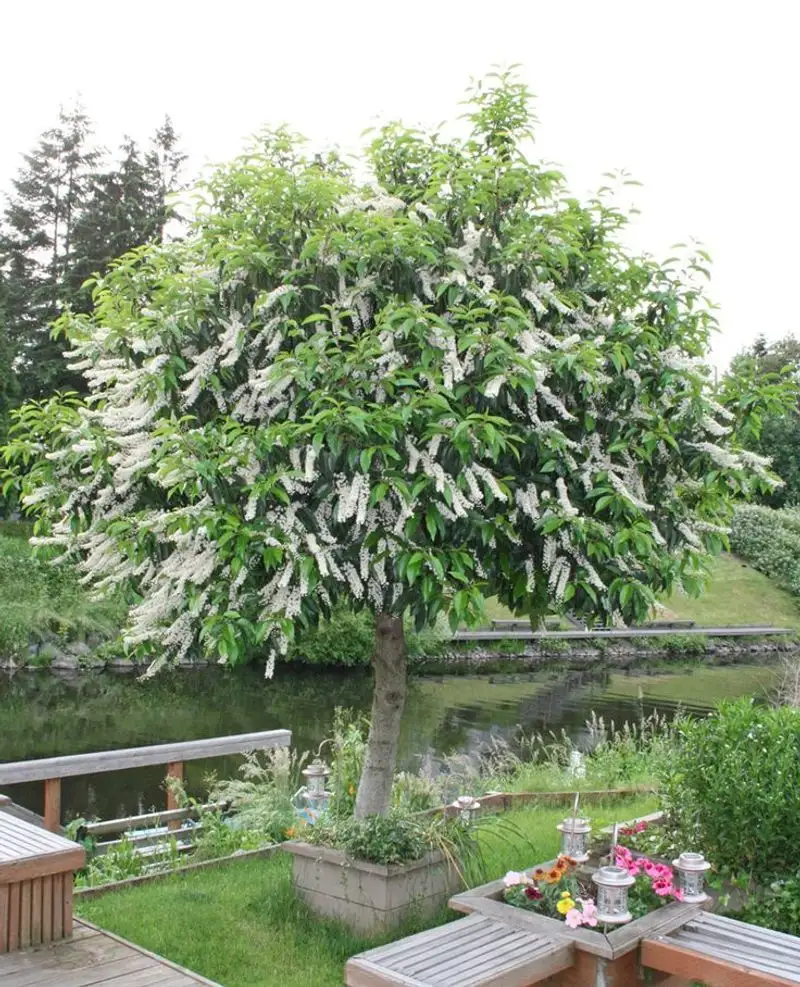
Bay laurel, with its glossy leaves and aromatic scent, stands as a timeless symbol of culinary elegance. This evergreen shrub thrives in well-drained soil and sunny spots, demanding minimal care once established. Its leaves add depth to soups and stews, infusing dishes with a distinctive flavor. Bay laurel’s historical significance dates back to ancient times, where it was seen as a symbol of victory and wisdom. Allow this regal plant to grace your garden, offering its aromatic charm and culinary versatility with little need for constant attention.
Cilantro
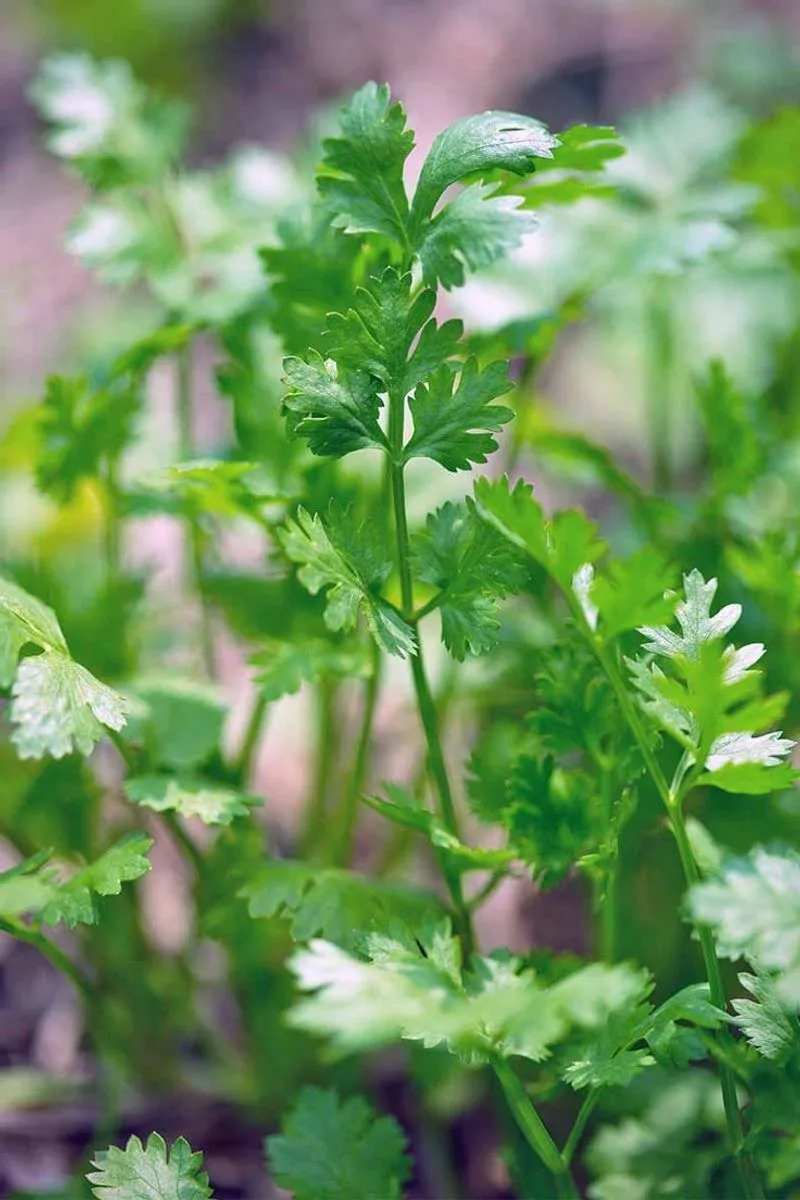
Cilantro’s bright, tangy flavor and delicate leaves make it a staple in kitchens worldwide. Thriving in cooler temperatures and well-drained soil, it requires minimal care and grows quickly. Often used fresh to enhance salsas, salads, and curries, cilantro offers a burst of freshness to dishes. Its rapid growth allows for frequent harvesting without the need for constant attention. Cilantro’s ability to attract beneficial insects adds to its appeal, supporting garden health. Let cilantro flourish with ease, bringing vibrant flavor and ecological benefits to your outdoor spaces.
Fennel
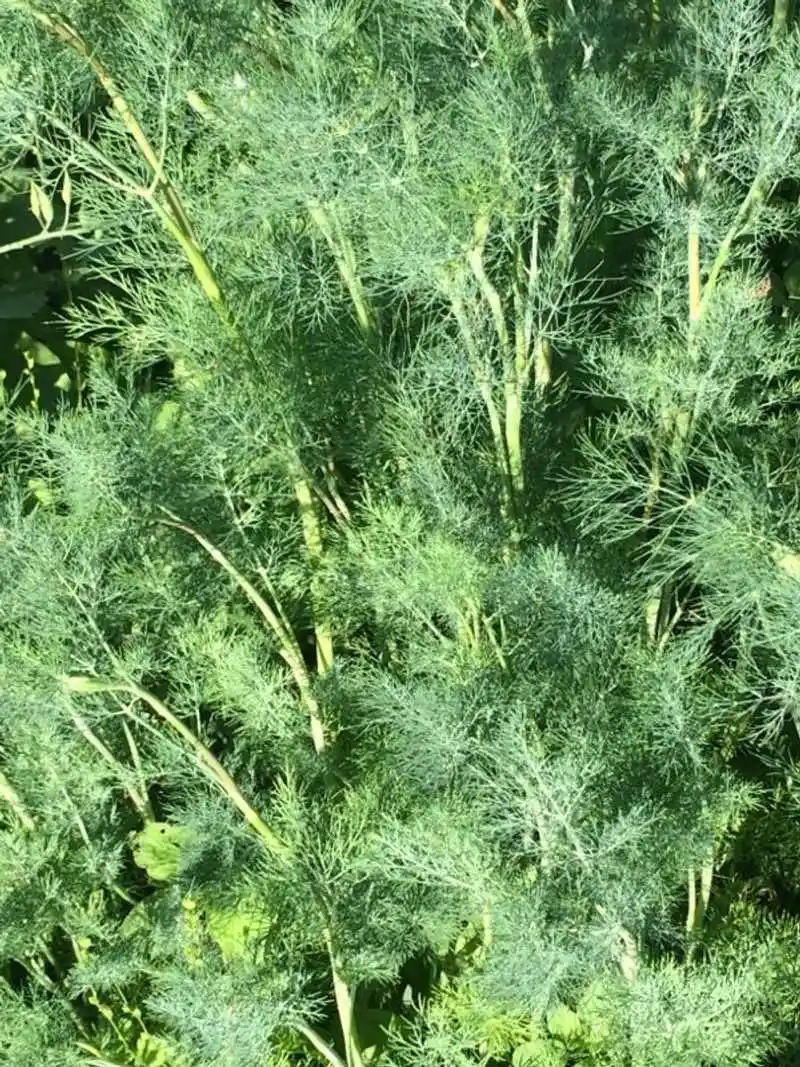
Fennel’s feathery fronds and distinct anise flavor make it a striking addition to any herb garden. This hardy perennial thrives in sunny, well-drained locations, requiring minimal attention once established. Fennel’s unique taste enhances fish dishes, salads, and even pastries, offering a sweet, aromatic touch. Beyond the kitchen, its towering presence and yellow flowers attract pollinators, supporting a diverse ecosystem. Let fennel’s elegant form and flavor flourish in your garden, providing culinary delight and ecological benefits with little maintenance.
Hyssop
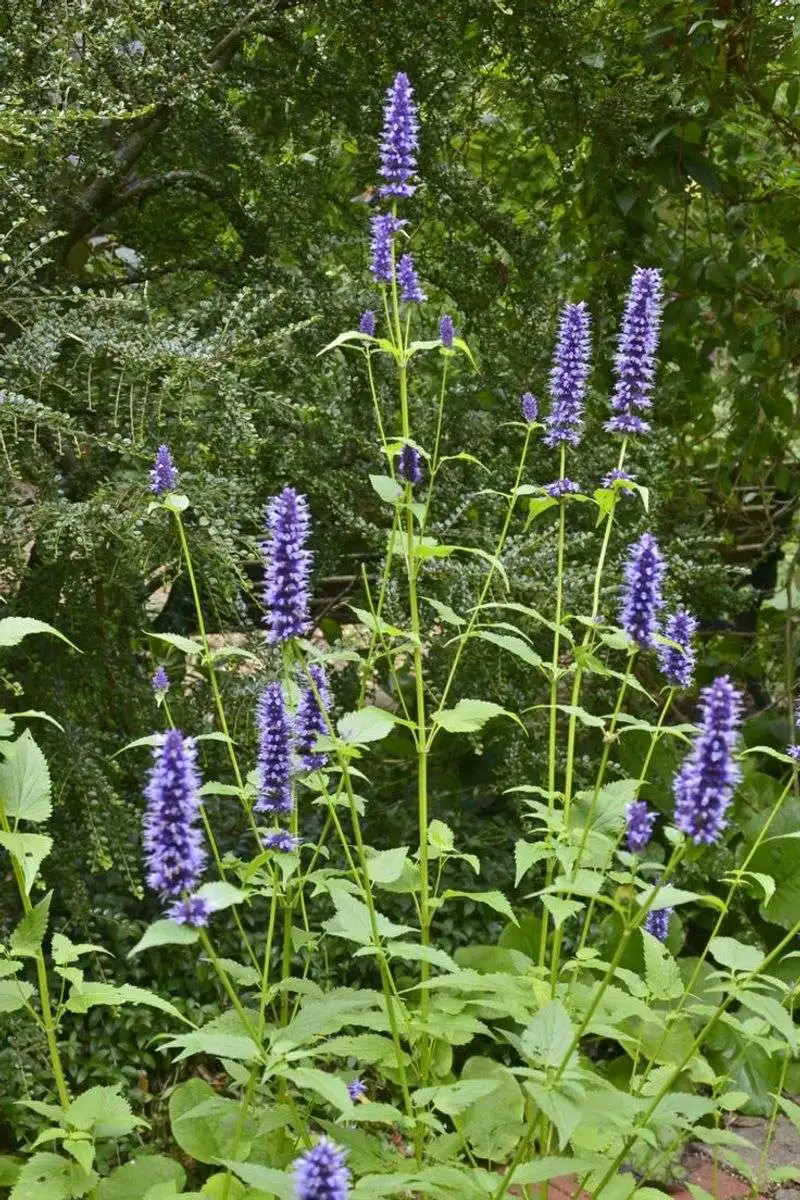
Hyssop, with its vibrant blue flowers and minty aroma, is a captivating presence in any herb garden. Thriving in sunny, well-drained spots, it requires minimal care once established. This perennial herb’s robust nature and striking appearance attract pollinators, enhancing the garden’s ecological balance. Hyssop’s slightly bitter taste complements salads, stews, and teas, offering a unique culinary experience. Its historical use in traditional medicine adds an extra layer of intrigue. Allow hyssop to grow freely, bringing beauty and biodiversity to your garden without demanding constant care.

